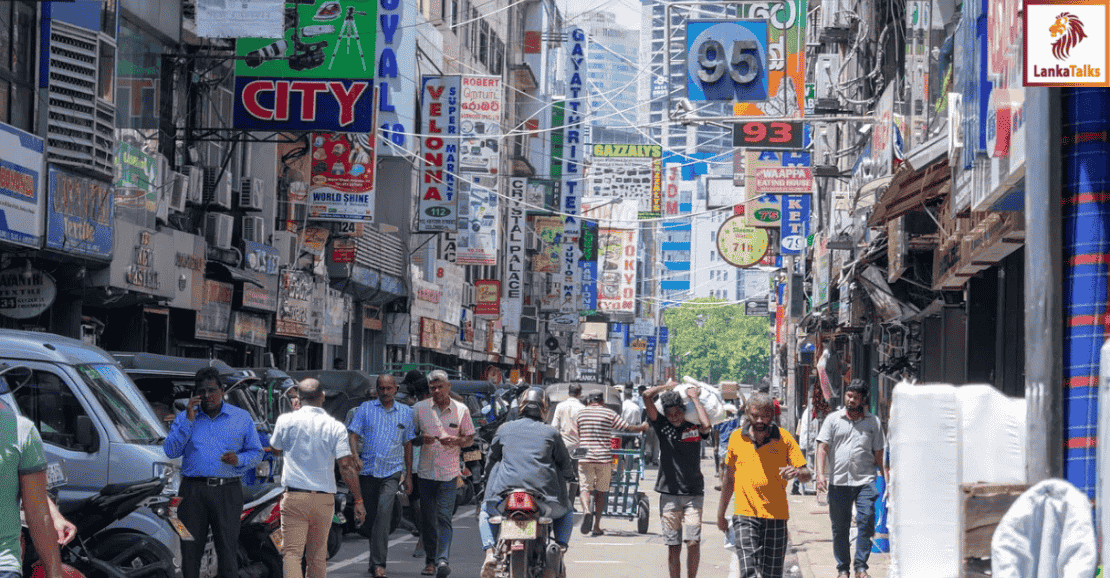- Public debt remains elevated, limiting SL’s fiscal space to counteract the impact of major crises
- Risks include global slowdowns, regional conflicts, and chronic losses from SOEs
Sri Lanka’s public finances are still highly vulnerable to external and internal shocks as public debt remains elevated, which limits fiscal space to counteract the impact of major shocks, the International Monetary Fund (IMF) said.
In their Technical Assistance report published on Wednesday (1), it said that the combined impact of the Covid-19 pandemic and the recent economic crisis, caused in part by an overvalued exchange rate, has weakened public finances.
The IMF said the public debt ratio is still estimated to be above 100% of GDP in 2024 (99.5% by June 2025), and fiscal space to counter the impact of major shocks is limited.
Moreover, it said that public finances could be affected by a number of shocks, including an intensification of regional conflicts with supply disruptions leading to an increase in commodity prices, a depreciation of the exchange rate, and a resurgence of inflation, which could eventually weigh on government spending.
“Global growth slowdown could affect exports and tourism receipts, jeopardising the expected economic recovery and government revenue target,” the IMF said, adding that domestically, state-owned enterprises’ (SOEs’) default and chronic losses and vulnerability to natural disasters pose additional risks.
The IMF said that Sri Lankan authorities have confirmed that they consider macroeconomic risks to be among the main fiscal risks.
On the external side, structural weaknesses include the narrow export base Sri Lanka has, with apparel, textiles, tea, and rubber accounting for about 60% of merchandise exports; a high dependency on tourism and remittances, which are inherently sensitive to external developments, and oil imports, particularly critical for power generation.
Domestically, the weaknesses include an elevated public debt, which limits fiscal space to counteract the impact of major shocks and exposure to extreme weather events.
Source: The morning



 Natasha
Natasha






